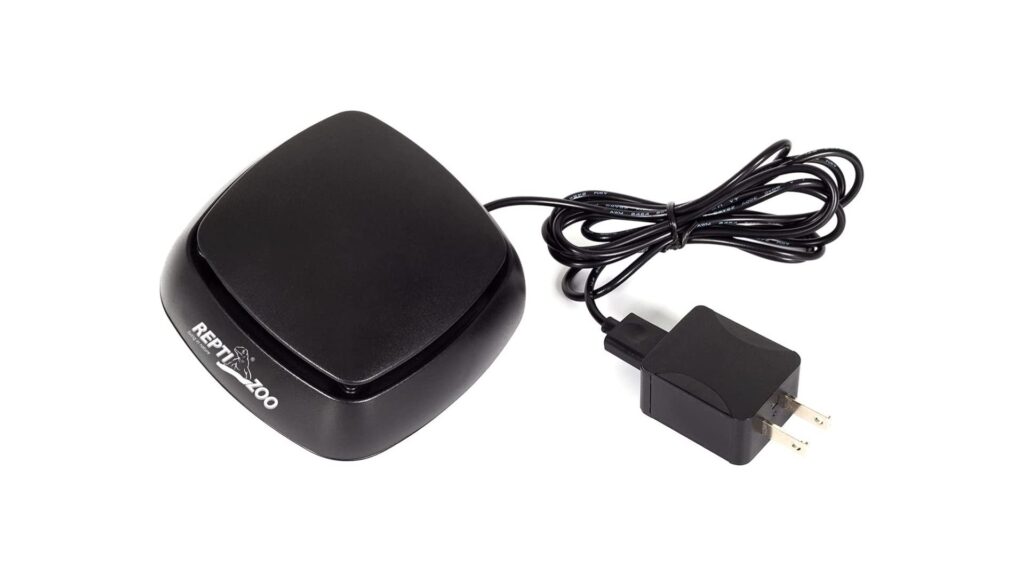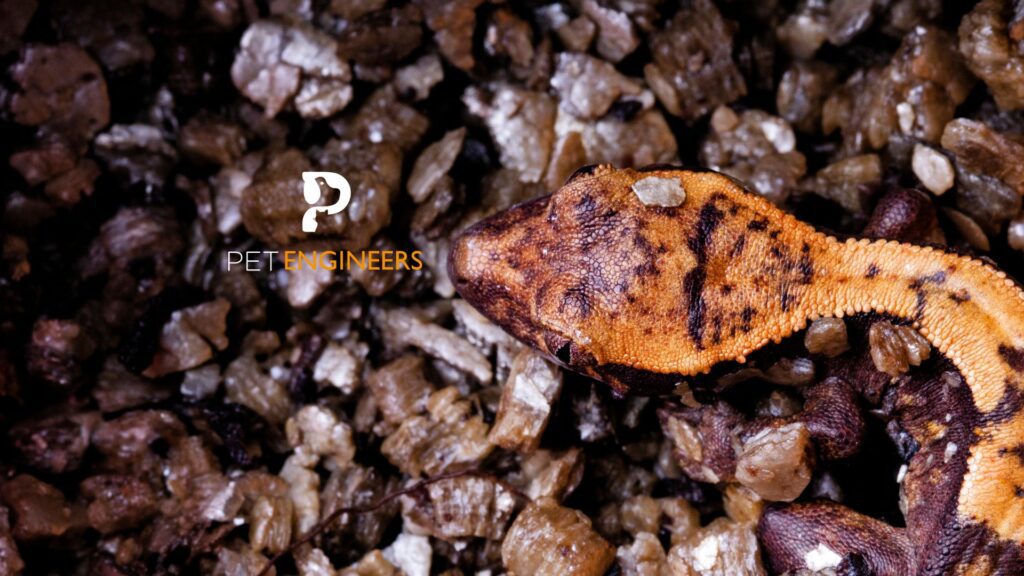
Key Takeaway:
- Crested geckos require specific humidity levels to thrive, and excessive humidity can lead to a range of health issues.
- It’s essential to monitor humidity levels in your pet’s tank and take steps to lower humidity when necessary.
- Effective ways to lower humidity in a crested gecko tank include using a dehumidifier, increasing ventilation, reducing water sources, using low-moisture substrates, and adjusting the temperature.
Crested geckos are fascinating pets, known for their unique appearance and low-maintenance care.
However, one aspect of their care that can be challenging for many owners is maintaining proper humidity levels in their tanks.
Crested geckos require a specific range of humidity to thrive, but excessive humidity can lead to respiratory problems and other health issues.
If you’re struggling to keep your crested gecko’s tank at the right humidity level, don’t worry – there are several effective ways to lower humidity and ensure your pet’s health and comfort.
In this article, we’ll explore five of the most effective methods for lowering the humidity in a crested gecko tank, so you can provide the best possible care for your unique and beloved pet.
5 Ways On How To Lower Humidity In A Crested Gecko Tank
Here are five effective ways to lower humidity in a crested gecko tank:
Use a dehumidifier

A dehumidifier is a device that can help lower humidity levels in a room or enclosure.
Place a small dehumidifier near your crested gecko’s tank to help reduce the overall humidity in the area.
Increase ventilation
Proper airflow is essential for maintaining appropriate humidity levels.
Consider adding more ventilation to your crested gecko’s tank, such as by using a mesh screen top or adding more ventilation holes.
Reduce water sources
Water sources in your crested gecko’s tank, such as a water dish or misting system, can contribute to high humidity levels.
Reduce the frequency of misting or consider using a smaller water dish to help lower humidity.
Use a substrate with low moisture retention
The substrate in your crested gecko’s tank can also contribute to humidity levels.
Opt for a substrate that has low moisture retention, such as paper towels or reptile carpets.
Adjust temperature
The temperature in your crested gecko’s tank can impact humidity levels.
Lowering the temperature by a few degrees can help reduce humidity, so consider adjusting the temperature if it’s too high.
By following these tips, you can effectively lower humidity levels in your crested gecko’s tank and help ensure your pet’s health and comfort.
Ideal Humidity Temperature Range For Crested Geckos
The ideal range of humidity and temperature for crested geckos is:
Temperature: 72 to 75 degrees Fahrenheit (Threshold of minimum 60 and maximum 80 degrees)
Humidity: 60 to 80 percent (Threshold of minimum 50 and maximum 80 percent)
Any temperature below 60 degrees is too cold and humidity below 50% is too low for crested geckos.
Likewise, any temperature above 80 degrees and humidity above 80% is also too much for them.
Such extremes in temperature and humidity can cause a plethora of health issues.
That’s why it is important to always monitor the humidity and temperature of your crested gecko tank.

What Happens To Your Gecko Crested Gecko If The Humidity Is Too High?
If the humidity in a crested gecko tank is too high, it can have several negative effects on your pet’s health and well-being.
Here are a few potential consequences of excessive humidity:
- Respiratory problems: High humidity levels can lead to respiratory issues in crested geckos, as it can make it difficult for them to breathe properly. This can result in wheezing, coughing, and other respiratory symptoms.
- Skin problems: Excess moisture in the air can cause skin problems for crested geckos, such as skin infections, blisters, and shedding difficulties.
- Fungal and bacterial infections: High humidity can create a damp environment that promotes the growth of harmful fungi and bacteria, which can lead to infections in your crested gecko.
- Stress: Crested geckos are sensitive creatures, and excessive humidity can cause them to become stressed and agitated. This can lead to a range of issues, including loss of appetite, weight loss, and behavioral problems.
Summary
Maintaining appropriate humidity levels is crucial for the health and well-being of your crested gecko.
Excessive humidity can lead to respiratory problems, skin issues, infections, and stress.
Fortunately, there are several effective ways to lower humidity levels in your pet’s tank, such as using a dehumidifier, increasing ventilation, reducing water sources, using low-moisture substrates, and adjusting the temperature.

